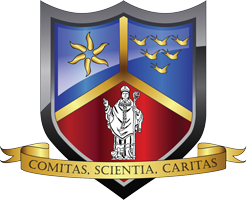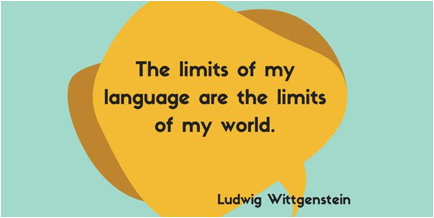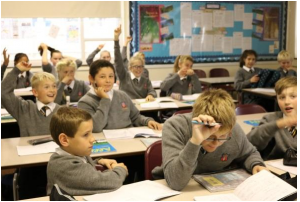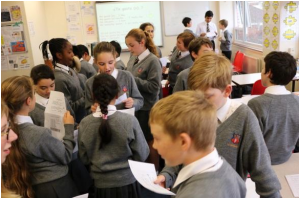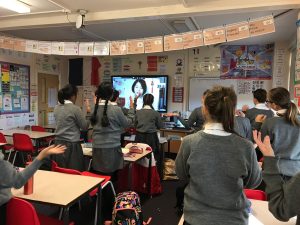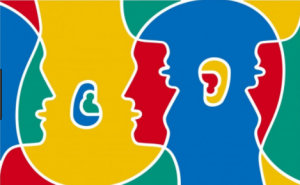The knowledge of another language is increasingly important in our modern world.
A knowledge of another language can:
- improve your intercultural understanding
- increase your employability
- improve your literacy skills in your own language
- improve your general communication skills
- sharpen your cognitive and life skills
- make travel more enjoyable
- increase your study options
- introduce you to a whole new world of art, music and literature.
A strong belief in the above benefits underpins the introduction of the Ebacc and the current drive towards languages for all pupils in primary and secondary schools. A knowledge of another language is helpful in many careers, for example in the tourism industry, the NHS, the police force, sales and marketing, international banking, journalism, the diplomatic service and international aid development. Careers where a language qualification is a requirement include language teaching, interpreting and translating.


